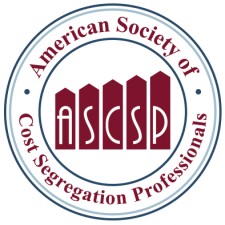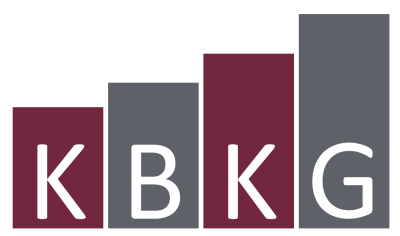Cost Segregation is More Valuable in 2016

Woodbridge, Connecticut, February 6, 2017 (Newswire.com) - It may have been one of the most hotly contested, controversial campaigns in living memory, but there can be no denying the result of the US 2016 election is generally friendly for business. President Donald Trump and the Republican Party both agree that tax reform is a top priority to help stimulate the economy. An effort of this magnitude is no simple task and requires significant consideration of which areas of the tax code should be modified. While it’s still not clear exactly which tax laws will be repealed or replaced, the most probable change will be a lowering of business and individual tax rates.
Deductions are more valuable when tax rates are higher, so carefully planning the timing of deductions can create significant permanent tax savings. Accelerating deductions into the 2016 tax year lowers current tax liabilities while effectively shifting income into future years when tax rates drop. Taxpayers should consider all opportunities to accelerate deductions into the 2016 tax year.
Cost segregation is one of the most common tax planning tools for taxpayers that own real estate. IRS rules allow taxpayers to apply a cost segregation study any time after the building is placed in service, providing a unique opportunity to plan which tax year depreciation deductions are realized. Taxpayers who have opted to not perform a cost segregation study in the past because it only represented a timing difference in cash flow, should reconsider for 2016, so they do not miss permanent tax savings realized when rates fall.
Case Study: ABC, LLC owns a building that was purchased in 2014 for $1 million. This year, ABC has a cost segregation study performed on their building and applies it to their 2016 tax return. The cost segregation study accelerates $100,000 of future depreciation deductions into the 2016 tax year where Federal income tax rates are 39%, creating an immediate tax savings of $39,000. Assuming tax rates drop in 2017 to 30%, ABC now realizes a $9,000 permanent tax savings ($39,000 - $30,000) on top of the traditional benefits of accelerated cash flow generated by a cost segregation study.
About ASCSP
ASCSP is a professional organization committed to establishing the technical and ethical standards for the cost segregation industry through education, testing and certification. For more information, visit www.ascsp.org. The only way to ensure a cost segregation provider meets the highest industry standards is asking them if they are a Certified Cost Segregation Professional, or CCSP, with the American Society of Cost Segregation Professionals. Certified members must meet ASCSP’s stringent experience requirements and pass the appropriate written tests to receive such designations.
Press Contact:
American Society of Cost Segregation Professionals
176 Amity Road – Suite 300, Woodbridge CT 06525
Phone: (203) 671-7372
Source: ASCSP
